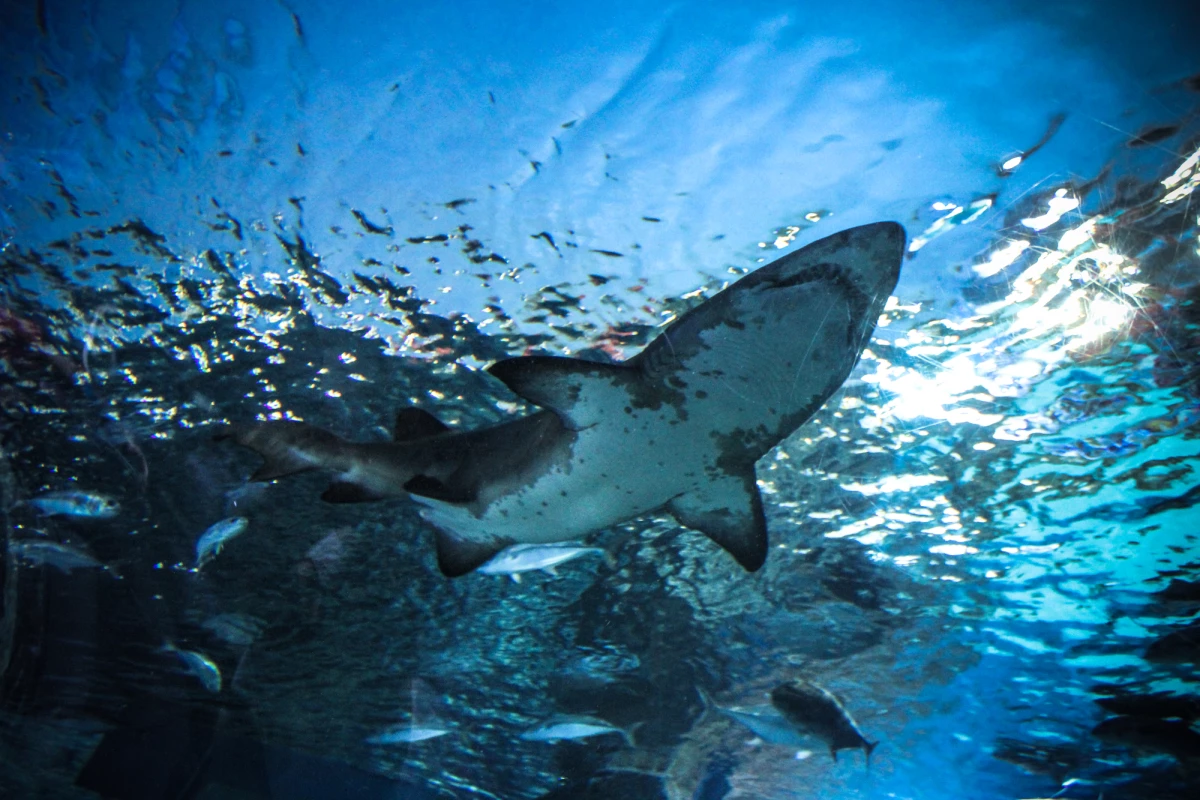Scientists looking at shark and ray populations across the globe have published an alarming study depicting a rapid decline of these species over the past half century. This spells trouble not just for those animals in particular, but the ripple effect it would have on the ocean ecosystem as a whole, with the authors laying the blame mostly at the feet of unsustainable fishing practices.
Over the past few years, we have seen numerous reports detail the sharp decline in wildlife populations across the globe, which have dropped by close to 70 percent since 1970. These reports from the World Wildlife Fund are based on biodiversity figures from what's known as the Living Planet Index, which compiles data on population changes in different species around the world.
The new research carried out by an international team of scientists also draws on the Living Planet Index, along with what's known as the Red List Index which monitors changes in extinction risk, and finds shark and ray species are following a similar path.
All shark and ray species except for the Smooth Hammerhead have decreased in numbers over the past 50 years, while 24 of the 31 species are now classed as vulnerable, endangered or critically endangered. This means they face a"high", "very high" or "extremely high" risk of extinction, while species that inhabit tropical areas are declining even more quickly, having fallen by almost 85 percent in total.
The 71-percent average decline is attributed largely to growing "relative fishing pressure," which refers to how much fish stocks are exploited in relation to the number of fish left. The authors say that this has increased 18-fold since 1970 and that more catch limits are urgently required to address the problem.
"The species that we studied are some of the ocean’s apex predators," says study author Dr Richard Sherley, from the University of Exeter. "They roam far from land and so might seem immune to the direct impacts of humans on our planet. Not so. Our global analysis points to some staggering declines. It highlights the very real risks these species face if we do not act now – and act decisively – to limit the pressures fishing exerts on their populations."
The scientists point to some of the positive findings of the study as reason for optimism, such as the recovery of some shark species seemingly as a result of tighter rules around fishing.
"These steps are imperative for long-term sustainability, including potentially increased catch once populations are rebuilt, and a brighter future for some of the most iconic and functionally important animals in our oceans," they write.
The research was published in the journal Nature.
Source: University of Exeter




